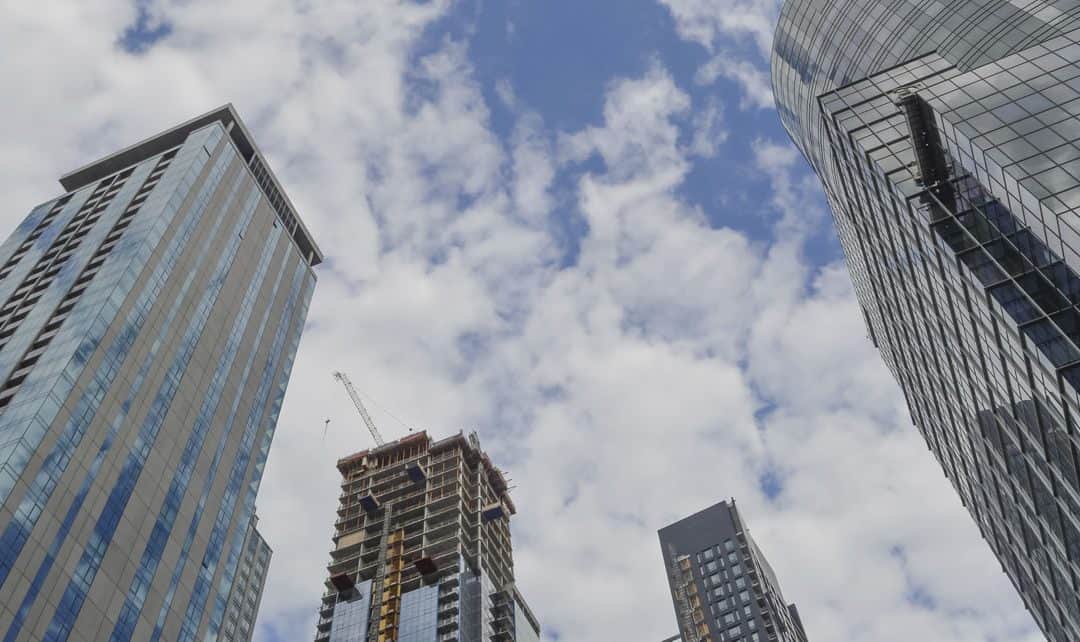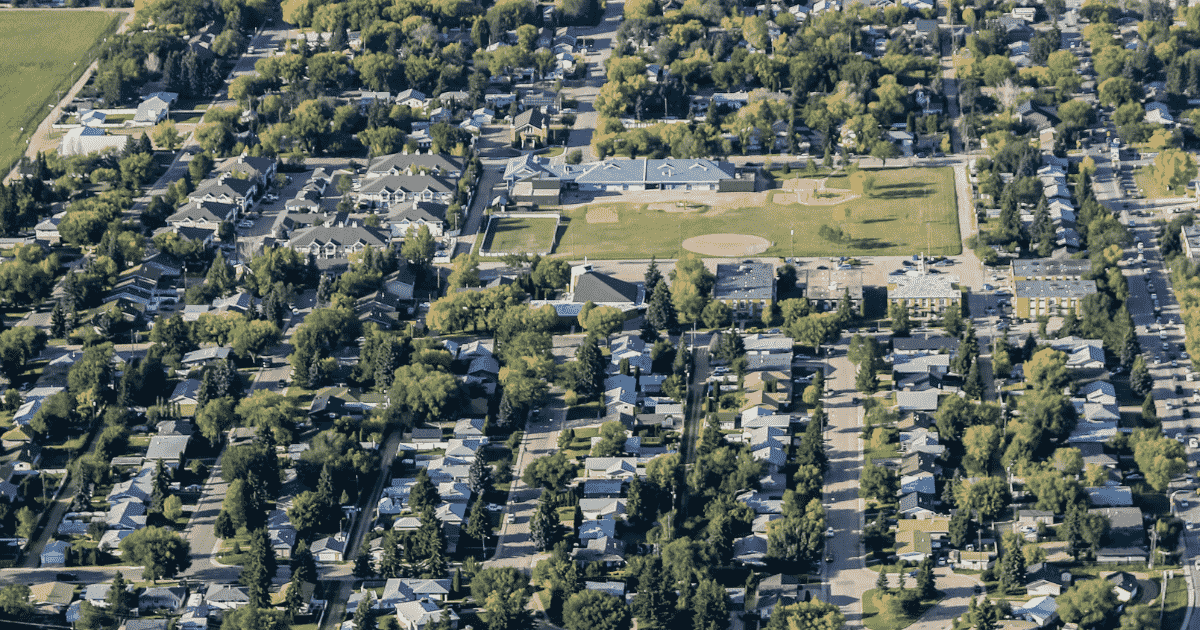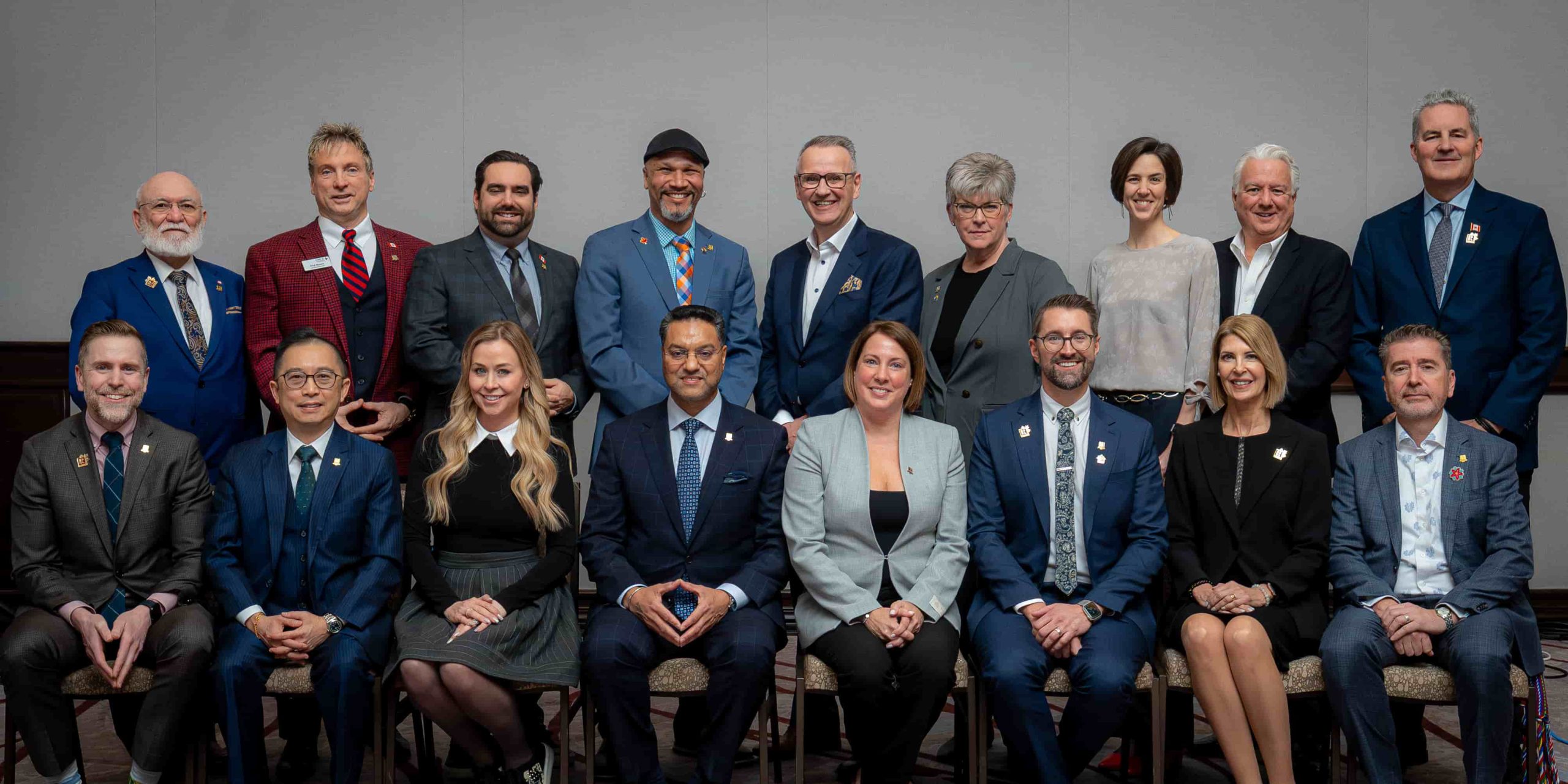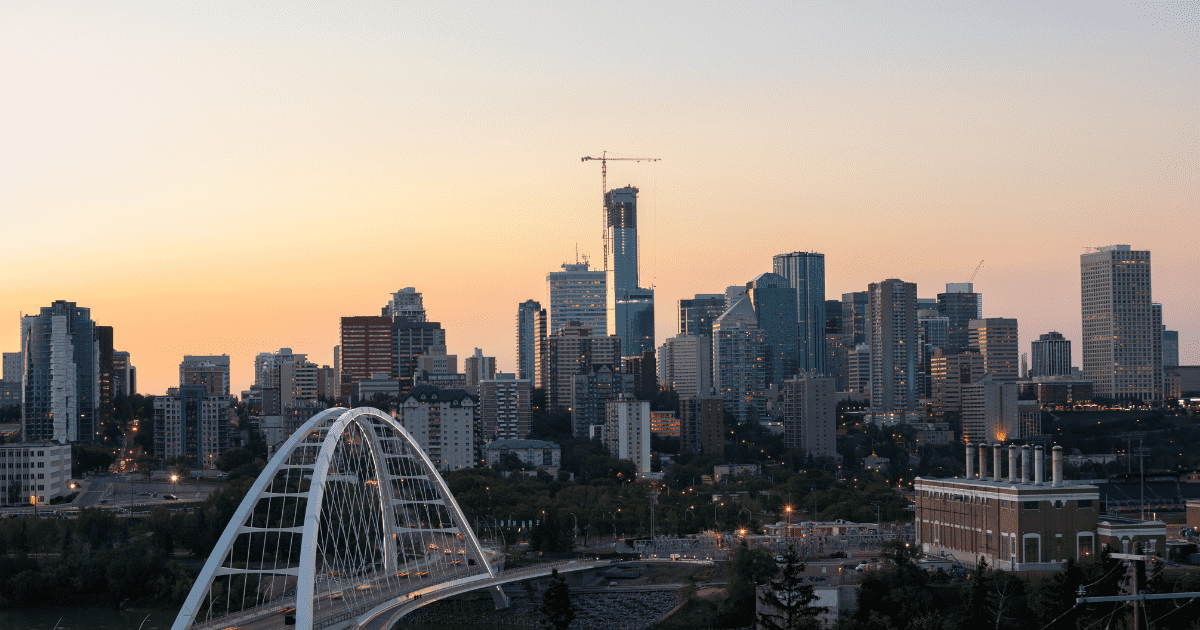Foreign buyers. There hasn’t been such a hot topic in real estate for a long time.
Vancouver has pointed its finger and told local residents (and the world) that foreign buyers have been gobbling up homes and making real estate prices rise in lock-step with their purchasing power. B.C. added a 15 per cent tax on property purchases.
It’s easy to point a finger at foreign buyers and accuse them of attempting something similar to the Hunt brothers cornering the silver market, but is this the reality we live in today?
This downplays the fact that real estate sales are a “supply and demand” issue in Vancouver, just as it is across the country, and that there are many factors that help to drive prices higher, and lower, that heavily influence the prices people pay.
As the Ontario government looks at some type of foreign buyer’s tax, we have to look at not only the other factors of home price increases but also at the real estate industry as a local economic force that provides stability and income in this era of hyper-low interest rates.
Political answers to the problem of a not-completely understood factor is merely vote chasing and propaganda. Rushing to fix something without fully understanding the root cause, in an industry with such wide consequences as real estate and home ownership, will see dramatic effects across a much broader swath of the economy. Witness the rapid chill on Vancouver sales, the impact of which will not be fully understood for months. Is it due to the foreign buyer’s tax or has the market collapsed under its own weight?
Canada Mortgage and Housing Corp. promises to improve its data collection and release numbers in Q4 2016 to show the impact of foreign investor money on real estate prices, in particular with new home prices. These numbers, when released, will be imperfect as the definition of a “foreign buyer” is currently incomplete. It will be interesting to see how they change their definition from the current “if the property is owned by a person whose permanent residence is outside of Canada” to account for new immigrants, students who own property while in school and many other not-yet-permanent Canadian residents.
Until there is better data and an improved understanding of the full market forces that have driven Vancouver’s and Toronto’s hot real estate markets, political action at this time could drive equity into the ground and impact ordinary Canadians, and the larger economy, in many unforeseeable ways.
It is not only sales reps who must ask the powers-that-be to tread carefully. A misstep can cause widespread discomfort throughout the Ontario economy, well beyond the real estate industry.
Federal, provincial and municipal governments need to look at ways to level the purchasing power of residents and non-residents to have a fair impact on property purchases and prices. Capital gains, mortgage approval rules and primary residence requirements are a start, so long as these changes do not dampen the investment opportunities that encourage both foreign and domestic investors.
Zia Abbas is owner and president of Realty Point, an Ontario real estate brokerage franchisor and broker of record, World Class Realty Point Brokerage. He was the No. 1 worldwide ReMax agent in 2011/2012. Email Zia.













